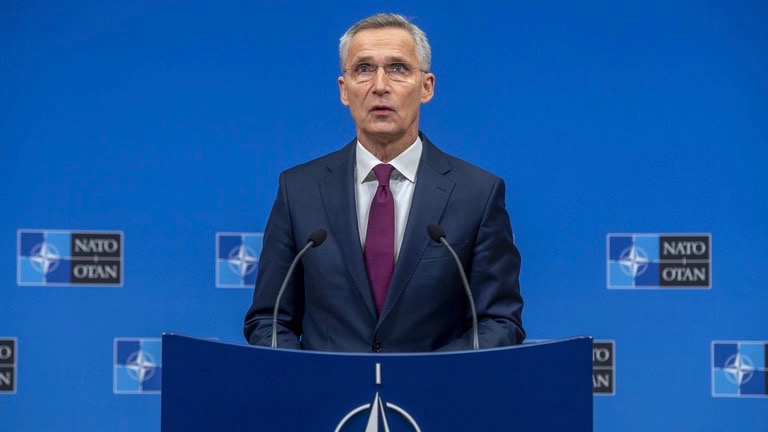Finland joined the North Atlantic Treaty Organization (NATO) as a full member on Tuesday, April 4, NATO Secretary General Jens Stoltenberg announced on Monday.
Finland’s President Sauli Niinistö along with his defense and foreign ministers are expected to join the ceremony at the NATO headquarters in Brussels, where US Secretary of State Antony Blinken will also be present.
Finland’s accession was announced days after the Turkish parliament approved its NATO bid last week. Turkey was the last country to approve Finland joining after President Recep Tayyip Erdoğan said that the country had taken steps to address Turkish concerns over its support to Kurdish activists and eased weapons exports to Turkey.
Abandoning their decades-long policy of military neutrality, Finland and Sweden had applied for NATO membership in May 2022.
Turkey is still holding back Sweden’s membership approval, accusing it of sheltering Kurdish activists, specifically, members of the Kurdish Workers Party (PKK). Turkey accuses PKK and other activists struggling for the rights of the Kurdish minority of indulging in “terrorist acts” in the country.
Hungary has also refused to approve Sweden’s membership bid over its criticisms of former Hungarian Prime Minister Viktor Orbán’s policies.
Finland will be the 31st member of NATO, which was formed as a military alliance in 1951 in the context of the Cold War to counter the rising influence of the USSR in Europe and elsewhere. NATO has expanded consistently even after the dissolution of the USSR and the end of the Cold War in the early 1990s. It has been involved in various invasions and wars in different parts of the world since then, including in former Yugoslavia, Afghanistan, Iraq, and Libya.
Russia, a successor state of the USSR, objects to NATO’s eastward expansion on the grounds that it threatens its national security.
Russian Deputy Foreign Minister Alexander Grushko responded to the news of Finland joining NATO by saying that his country will increase its forces on its borders with the Nordic country. Finland and Russia share an over 1,300km-long border. Grushko claimed that if “forces and assets of other NATO members are deployed” in Finland, Russia “will take additional steps to reliably ensure Russia’s military security,” RT reported.
Sanna Marin loses election
Days before Finland joined NATO, Prime Minister Sanna Marin who steered the process was defeated in the parliamentary elections with her party ending up in third spot. She resigned on Thursday.
In the elections held on April 2, the center-right National Coalition Party led by Antti Petteri Orpo emerged as the single largest party in the parliament with 48 seats (10+) and 20.8% votes. The elections saw a voter turnout of 72.6%. The far-right Finns party, led by Riikka Purra, also increased its tally to 46 seats (7+), and remains the second largest bloc in the parliament, securing 20.1% of the votes. The National Coalition Party has indicated that Finland’s support for NATO will continue.
Sanna Marin’s Social Democratic Party of Finland (SDP) secured 43 seats (3+) with 19.9% votes. Its coalition partners including the Centre Party, Green League, and Left Alliance faced setbacks and were confined to 23 (8-), 23 (7-), and 11 (5-) seats, respectively.
The Communist Party of Finland (SKP)’s Petra Packalén told Peoples Dispatch on April 4 that “the election results lead to the strengthening of conservative values and tougher politics in our country.”
“Sanna Marin’s social democrat government made a number of dubious decisions, such as joining NATO, the forced anti-strike law on carers and the introduction of the new version of “active model,” which has increased conditions for both basic unemployment benefits and income related schemes, to the detriment of the unemployed. The upcoming government run by the Coalition Party will accelerate all this with more militarization and austerity-politics towards the working class. As many as four out of five future MPs would rather cut services than take on more debt. Radical right-wing will be normalized even more, resulting in growing racism and expanding patriarchy,” she said.





